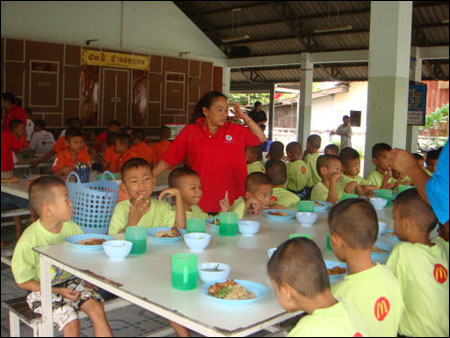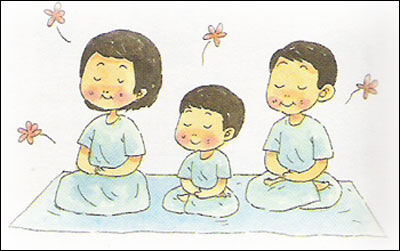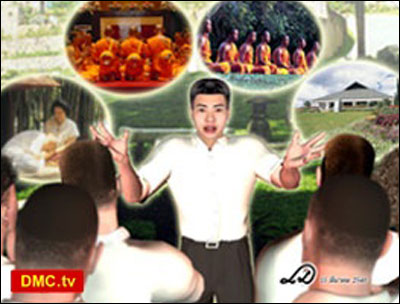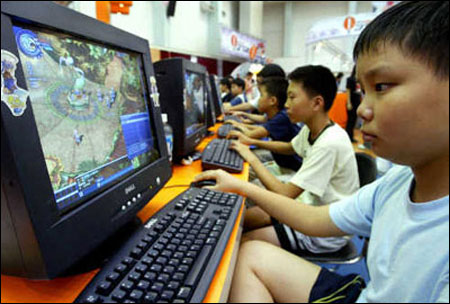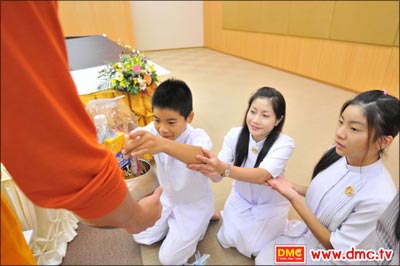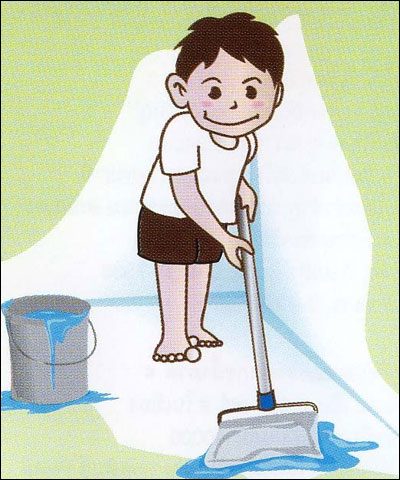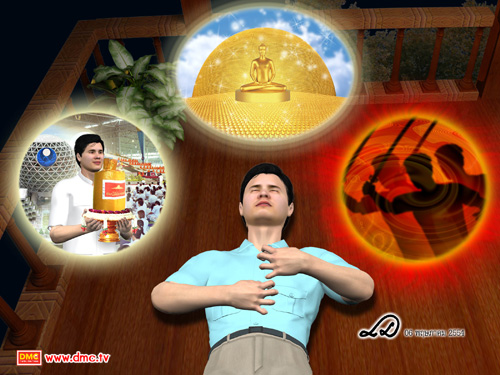MeditationMeditation for PeaceThe Unconditional love of ParentsThe Unconditional love of ParentsIn the economically driven world in which we live, it is difficult for most parents to find enough time to spend with their children. Sometimes the children are “raised” by the television set or video console as their parents work. They grow up practically without parental guidance or instruction, not knowing the causes and consequences of things, the difference between moral and immoral behavior, or how to temper their emotions. Not knowing the value of how to temper their emotions. Not knowing the value of having parents, they begin to despise them. They cannot appreciate all the hardships and sacrifices their parents have endured for them. They think that it is their parents’ duty, since they brought them into the world, to raise and give them everything they desire. In the end, it is the parents who feel the heartaches and disappointment.If their parents are not wealthy enough to satisfy their whims, they disparage them as being lazy. They complain about being embarrassed by their parents’ thriftiness. Sometimes, they bully their parents or throw tantrum to get their way. These children are accumulating bad kamma without even realizing it. These problems do not occur only in middle class or poor families, but in wealthy families as well.Luang Phaw once mentioned a millionaire from the south who came to him with a sullen face, saying, “Please help me. My son is terrible. He coerces us to buy him things, and once we do he doesn’t even take care of them. If we say no to him, he curses us. I don’t know what to do with him anymore.”Luang Phaw advised, “Since your son has never attended the temple, I am unable to advise too much. If I tell him to come listen to a sermon or to meditate and purify his mind so that he can see for himself his parents’ worth, he will refuse even if we paid him. If he is capable of cursing his own parents, why would he listen to someone else?“Let’s handle it this way. Before returning to the South, take your son to the orphanage in Pakret City, Nonthanburi Province. Give whatever reasons you need to convince him to go. Make sure that he gives dana by offering lunch to the orphans. Maybe this merit will allow him to realize his own good fortune. It might even help turn him around.”Luang Phaw wanted their son to witness what difficulties face children who do not have parents. With his eyes now open, he may change and love and value his parents more from seeing these unfortunate children.But these orphans could not view things as we did.I remember when I was a senior in college and my friends invited me to help bring food to the orphanage at Prakret. There were about 200 or 300 children with only about 20 carentakers at that place. When we arrived at the orphanage, all of the children ran toward us fighting to be picked up. They called the male guests “daddy” and the female guests “mommy.” Which made the guests blush. The kids were taught to call everyone that since they did not know who their real parents were.Three or four children rushed over and hugged us, like little monkeys, telling us that they had never known love and warmth their whole lives. They hurried to grab as many toys and as much food as they could. When we gave them desserts, they fought each other for it. When we handed out dolls, they fought over them.Since we did not know how many children were at the orphanage, we brought only 40 or 50 dolls. When we handed out the dolls, they fought over each one. One grabbed the neck; another grabbed the arm while someone else went for the leg. Within seconds, the doll was torn to pieces with each one holding different parts. After that, they continued fighting.
When we gave out clothes,, the caretakers would take the new clothes to the children wearing the oldest and most tattered clothes. Kids whose clothes were not too worn out did not get any new clothes. They became envious and started pulling the new clothes off the other children who had just put on the new clothes. In the end, the new clothes got ripped and torn and nobody got to wear themWhat we witnessed made us feel sad and heartbroken. These children had a different perspective on life than us. When we were young, we wanted to have lots of friends our age to have fun with. We never thought about our friends fighting or stealing our food or toys because we were always well fed and provided for. Most importantly, we received love and warmth from our parents and relatives. We saw the world in a positive light.But these orphans could not view things as we did. They did not see the hundreds of other children around them as their friends. But rather as rivals waiting to fight for the things they wanted or the love they needed. The loneliness seen in their eyes broke one’s heart.Let us think about the way children demand that their parents fulfill their every need while still having the audacity to hurt the parents’ feelings with crued words. Remember that this is tantamount to killing them with harsh words. Even while these children hurt their mother and fathers with unkind words,Their parents continue to defend them. Few want to admit that their children are less than angels.Therefore, I want to leave this thought with every child who is constantly demanding their parents to do things for them. There are orphans who do not even have a mother or a father to love or to care for them. Why are you asking for frivolous things from your own parents who have loved you all this time?
The Unconditional love of Parents
In the economically driven world in which we live, it is difficult for most parents to find enough time to spend with their children
7713 ครั้ง
ปิดการแสดงความคิดเห็น


